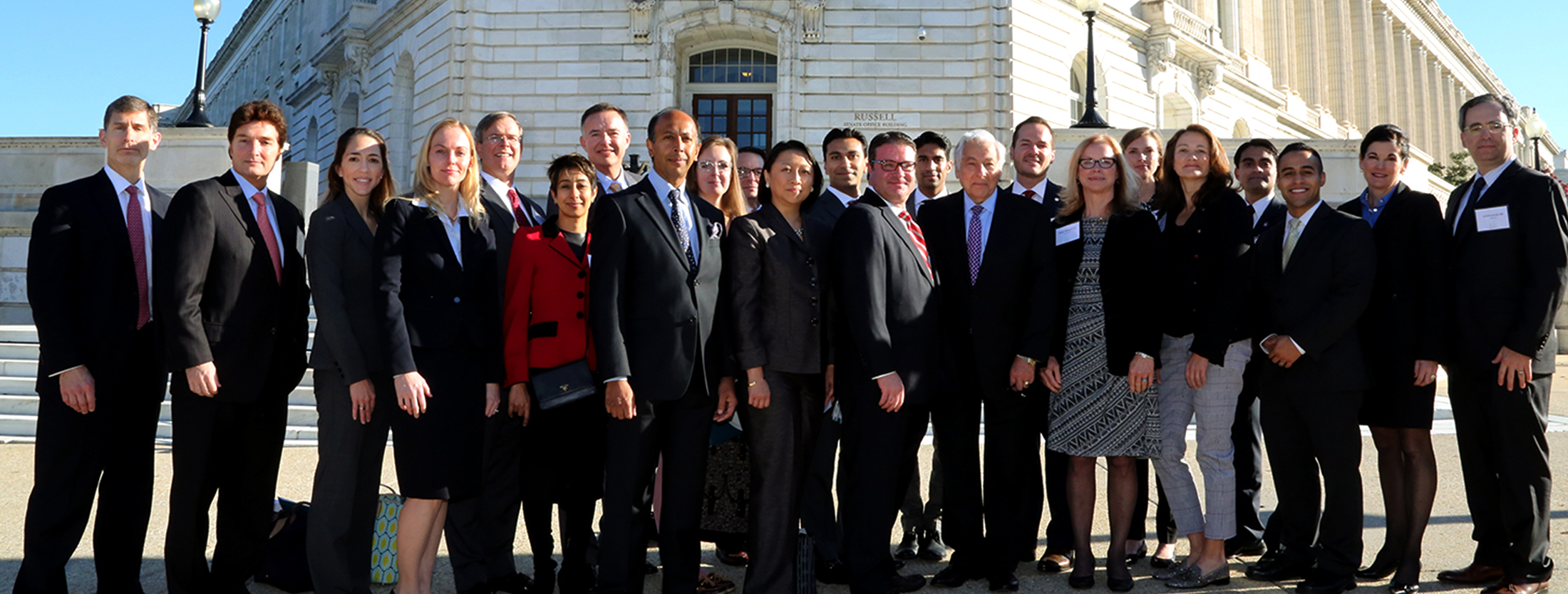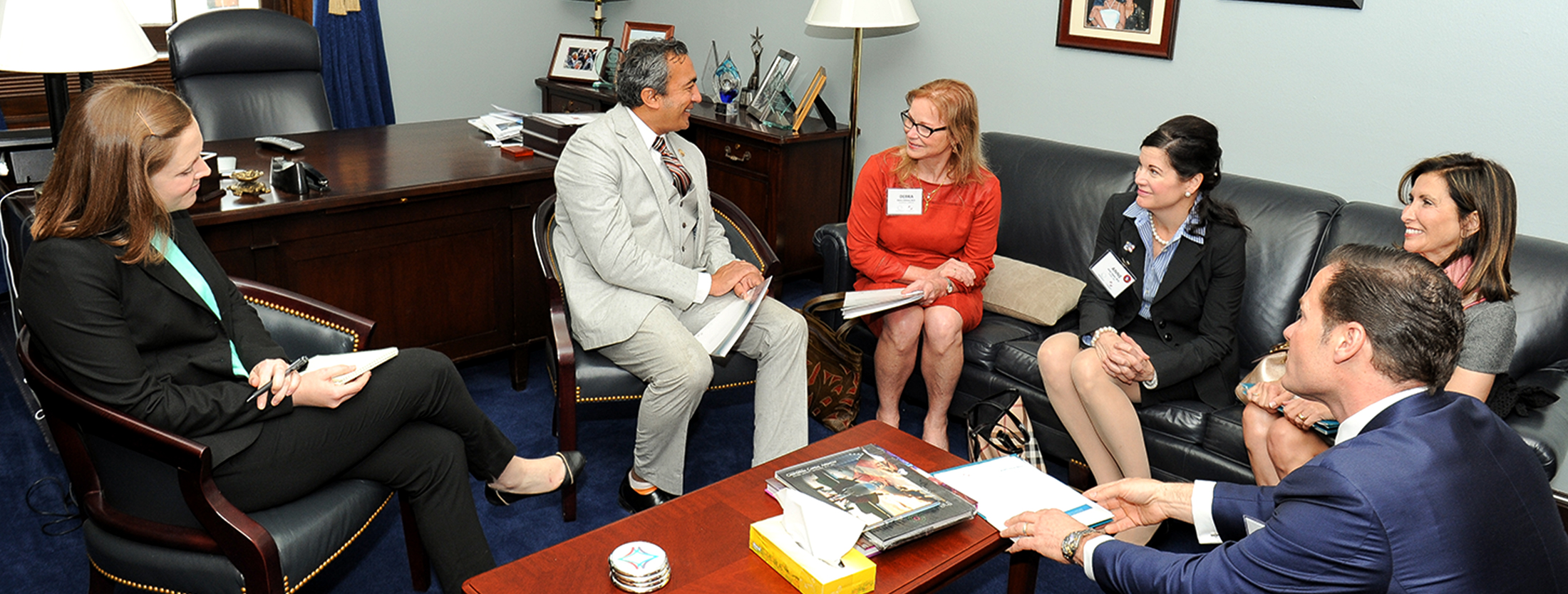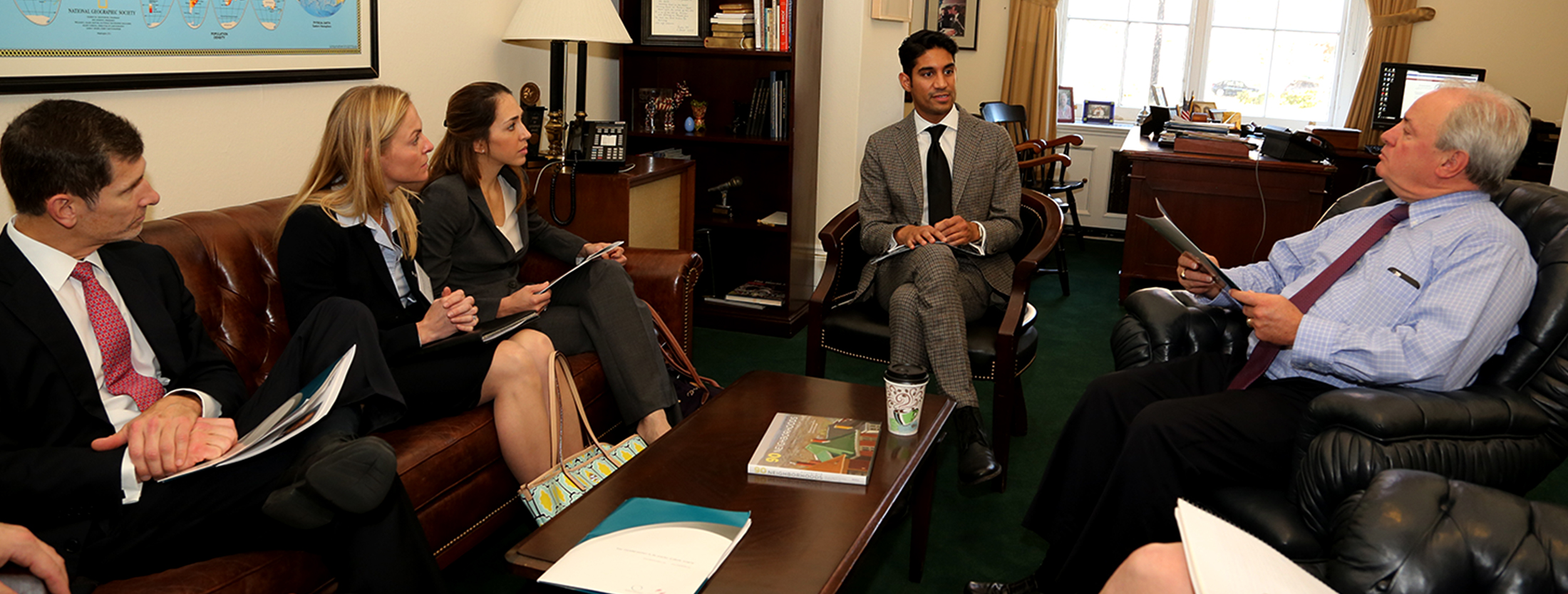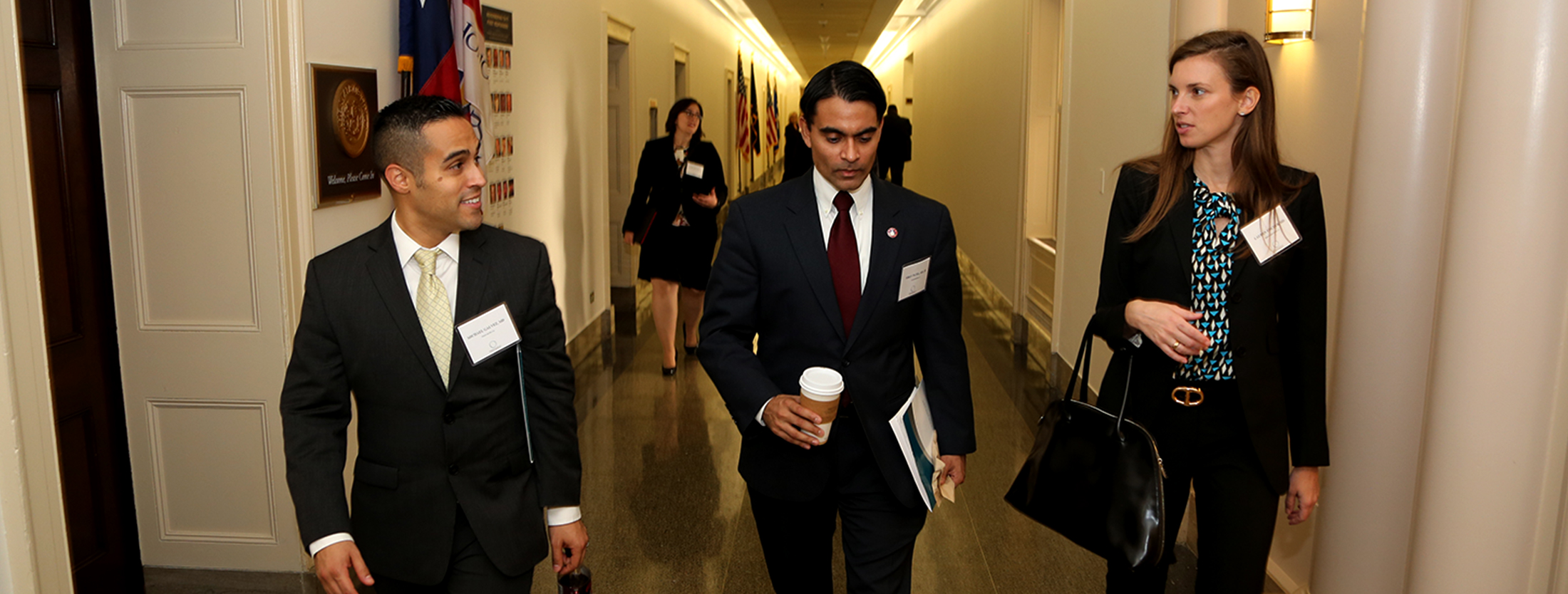GOVERNMENT AFFAIRS & ADVOCACY
The American Society of Plastic Surgeons proudly lead in the effort to pass the Breast Cancer Patient Education Act, which requires the Secretary of Health and Human Services to plan and implement an education campaign to inform breast cancer patients of the availability and coverage of breast reconstruction and other available alternatives post-mastectomy.
Breast reconstruction can be an important part of the recovery process, as it can impact the patient’s psychological and sexual well-being. Yet many women, particularly those of racial and ethnic minority groups, are not informed about their options.
ASPS is committed to educating women about the availability of post-mastectomy procedures that can support their breast cancer recovery. The Breast Cancer Patient Education Act informs women of their right to breast reconstruction under federal law and provides women with information about when breast reconstruction or prostheses may be appropriate within their recovery plan.
» In 2015, an estimated 231,840 new cases of invasive breast cancer are expected to be diagnosed among women in the United States, according to the American Cancer Society.
» Only some eligible women with breast cancer undergo breast reconstruction and many women, particularly those of racial and ethnic minority groups, are often not informed about their care options.
» African-American women under the age of 40 have a greater incidence of breast cancer than Caucasian women of the same age.
» Breast cancer is the most common cancer among Hispanic women.
» Thwarted Maine legislature’s efforts to institute a 6.5% sales tax on cosmetic medical procedures
» ASPS’s political action committee, PlastyPAC, had a 97 percent success rate in the 2014 mid-term elections, as 100 of the 103 candidates it supported were re-elected
» Assembled ASPS BCPEA coalition for 40 members, including the American Medical Association, the American Cancer Society Cancer Action Network, the American College of Surgeons Commission on Cancer and the Susan G. Komen Foundation
» Secured record congressional support for the Breast Cancer Patient Education Act (BCEPA) and stakeholder support for the ASPS BCPEA Coalition
» Lobbied the U.S House of Representatives and helped secure the passage of the 21st Century Cures Act, a broad-based bill that would accelerate the pace of medical cures and innovative technologies in the United States
» Halted legislation in Connecticut that would have created a panel, comprised primarily of non-physicians, to define what constitutes surgery under the state’s law
» Stood alone in opposing H.R. 2, the Medicare Access and CHIP Reauthorization Act (MACRA), the flawed replacement for the Sustainable Growth Rate formula
» Supported the repeal of the Independent Payment Advisory Board (IPAB), ultimately contributing to the House of Representatives passing repeal legislation
2015 HIGHLIGHTS
THE BREAST CANCER PATIENT EDUCATION ACT
MENU








